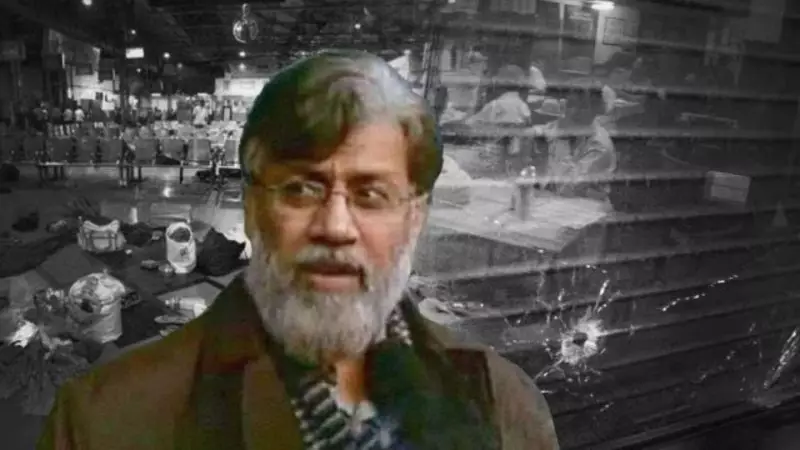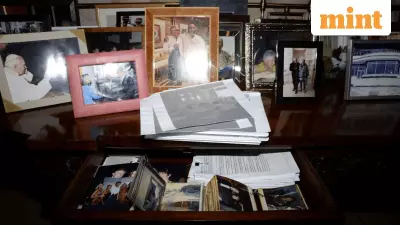
In a significant development in the long-standing pursuit of justice for the 26/11 Mumbai terror attacks, India has formally requested the United States to provide fresh evidence and documentation related to Pakistani-origin Canadian businessman Tahawwur Rana. This strategic move comes as India continues to build its case for Rana's extradition to face trial for his alleged involvement in the devastating 2008 attacks that claimed 166 lives.
Renewed Push for Justice
The Indian government, through diplomatic channels, has submitted a comprehensive request to US authorities seeking updated information about Rana's current legal status and any new evidence that has emerged in recent years. This initiative demonstrates India's unwavering commitment to ensuring all perpetrators of the Mumbai attacks are held accountable, regardless of how much time has passed.
The Complex Legal Battle
Tahawwur Rana, currently detained in the United States, faces serious allegations of providing material support to the Lashkar-e-Taiba (LeT) terrorist organization and directly facilitating the Mumbai attacks. While US courts have previously cleared Rana for extradition to India, the process has encountered multiple legal hurdles and delays.
Key aspects of India's renewed efforts include:
- Formal request for updated evidence through diplomatic note verbale
- Seeking clarification on Rana's current detention status in California
- Requesting access to any new intelligence gathered since initial investigations
- Coordinating with US Department of Justice on extradition proceedings
Historical Context and Connections
The case gains additional significance due to Rana's established connection with David Coleman Headley, another key conspirator in the 26/11 attacks who is currently serving a 35-year sentence in the US. Headley's detailed testimony and evidence previously implicated Rana in providing crucial support to the terrorist plot, including business cover and logistical assistance.
International Counter-Terrorism Cooperation
This development highlights the ongoing international cooperation required to combat global terrorism. India's persistent efforts to secure Rana's extradition underscore the country's determination to pursue justice across international boundaries and legal systems.
The Indian government maintains that bringing Rana to trial in India is essential for delivering complete justice to the victims of one of the most horrific terrorist attacks in the nation's history. As the legal proceedings continue to unfold, this case remains a critical test of international counter-terrorism collaboration and the global community's commitment to fighting terrorism.





